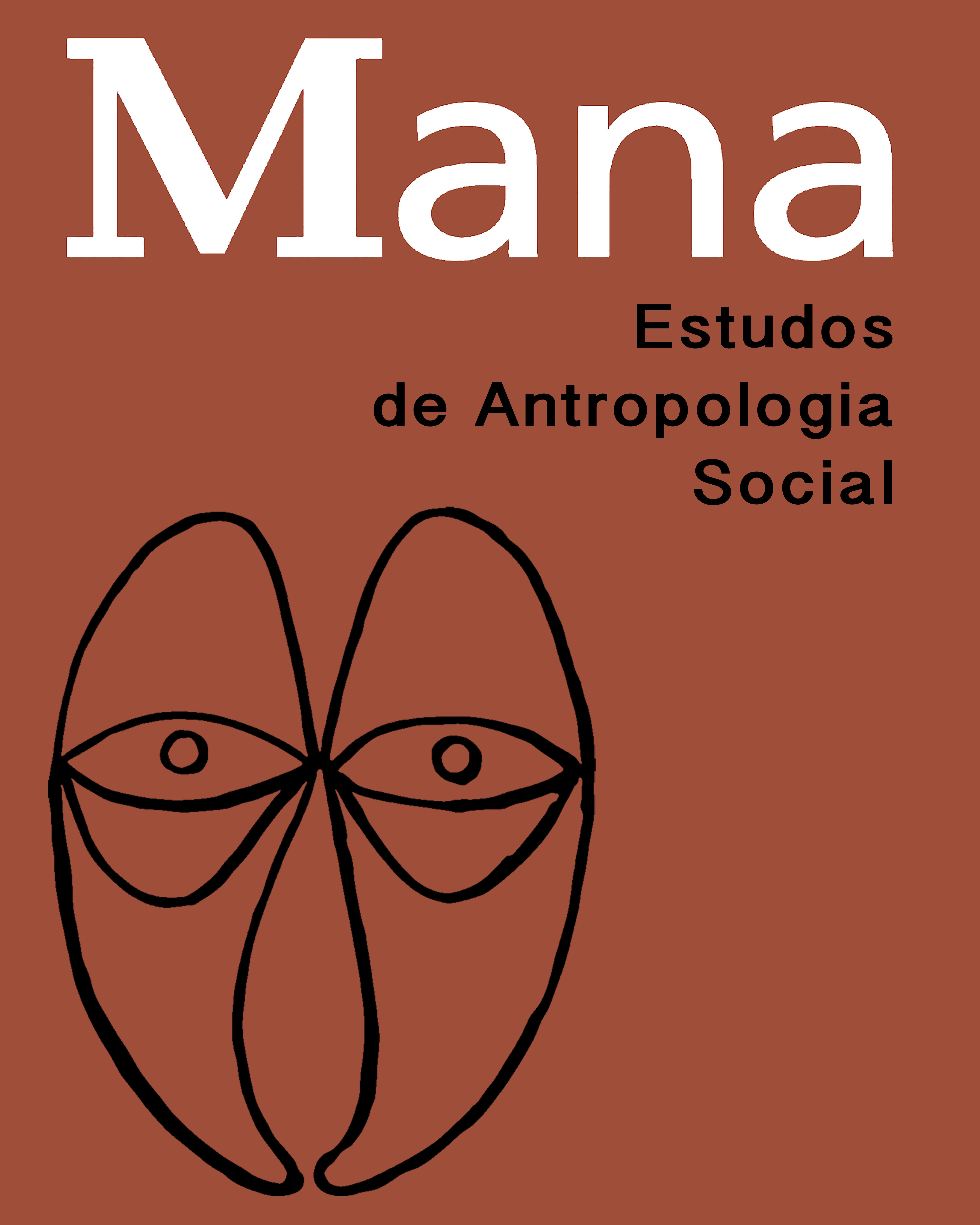The article analyses the inflections of gender upon the Brazilian intellectual field, in its interface with literary and cultural critique, from the 1920's to the 1960's. It focuses on the trajectory of three expressive women who achieved renown as critics of culture, essayists and writers: Lúcia Miguel Pereira, Patrícia Galvão and Gilda Mello e Souza. The three belong to distinct generations and cover the political spectrum of the time: from Communism to Socialism, for Patrícia Galvão, through the intellectual circles of Catholicism, for Lúcia Miguel Pereira, or else maintaining a certain distance from these issues and establishing an academic intellectual identity, in the case of Gilde de Mello e Souza. When taken as a set and in the context of the constraints that derive from gender relations, they delineate some of the possible fields for the intellectual activity of women at the time. So as to avoid essentializing social markers that only become analytically potent when placed in relationship, the article concludes by a comparison of the intellectual and theatrical fields, in order to contrast career opportunities and the distinct ways of making a "name" for oneself that were available to intellectuals and actresses at the time.
Intellectual field; Critique of culture; Gender relations; Modernism; Theatre; Work partnerships
